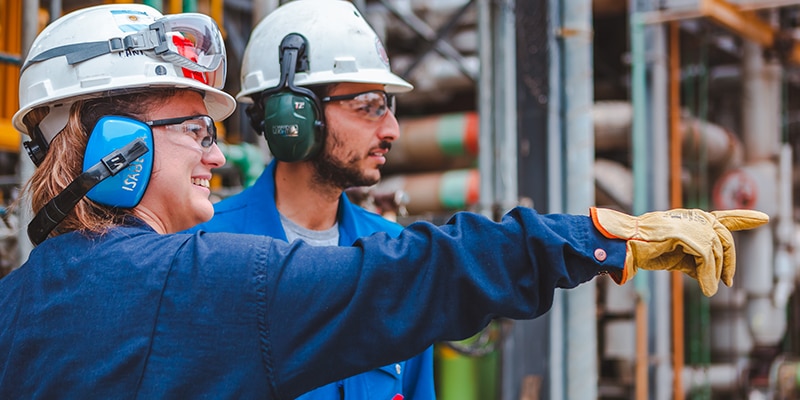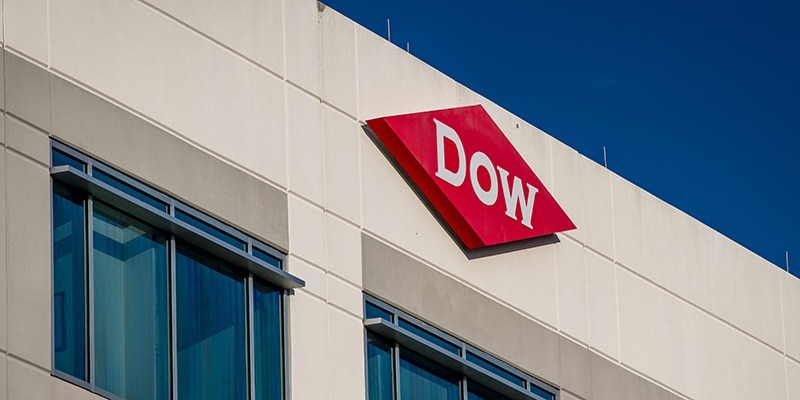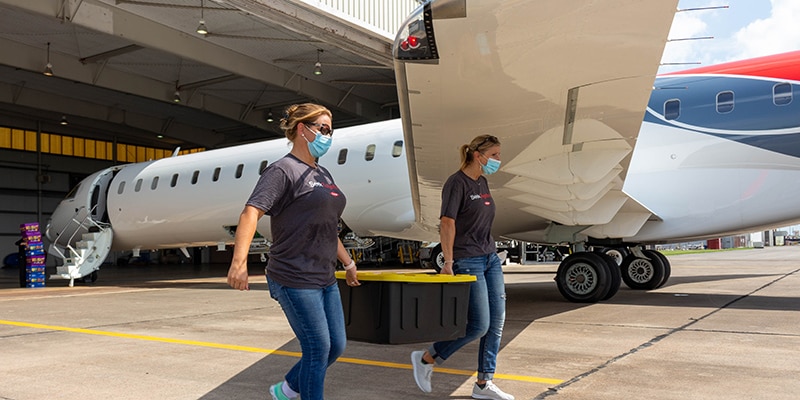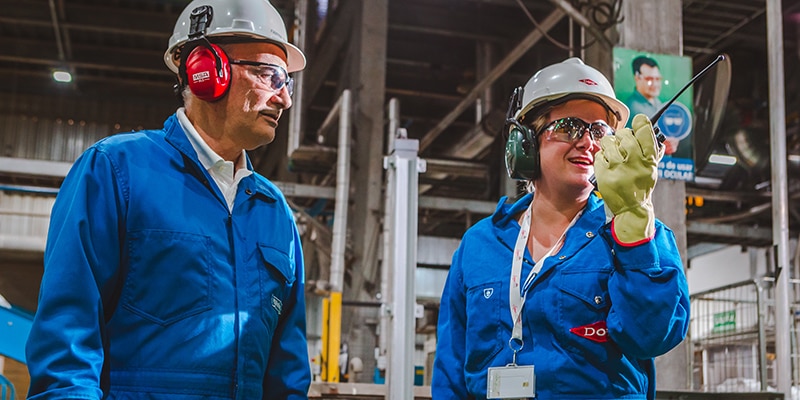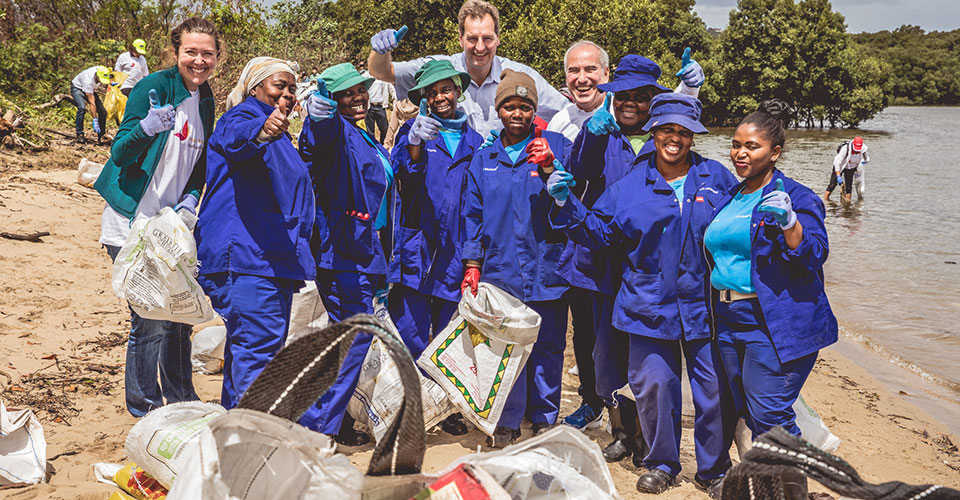
A sustainable future is an inclusive future
Dow is seeking to take a holistic approach to sustainability and looking at global challenges such as climate change, plastic waste and inequality as interconnected issues...
No one left behind.
This is the powerful, transformative promise of the United Nations’ 2030 Agenda and Sustainable Development Goals. It acknowledges a sustainable future is only truly sustainable if it includes all people, no matter their race, geography, gender, religion or income level.
Last week, we released our 2019 Sustainability Report and announced new sustainability targets aimed at ending plastic waste and achieving carbon neutrality by 2050. As our Chairman and Chief Executive Officer Jim Fitterling wrote in a blog post, Dow is seeking to take a holistic approach to sustainability and looking at global challenges such as climate change, plastic waste and inequality as interconnected issues, not isolated problems. By understanding how one global challenge impacts the other, we are striving to take a collaborative, systematic approach to tackling these issues.
Empowering waste pickers
Take our approach to stopping the flow of plastic waste and transforming to a circular economy. We understand that we can’t ignore the economy part of the circular economy, and we can’t address circularity without addressing inequality. So, where many see waste, we see opportunity. Opportunity to create jobs, stimulate innovation, boost the resilience and vibrancy of local economies, and contribute to economic growth.
One way that we are putting people and opportunity at the heart of the circular economy is by partnering to support waste pickers. Waste pickers account for 15-20% of waste collection globally and make a living by selling both recyclable and reusable materials that have been thrown away. These “wastepreneurs” contribute to public health and safety, reduce pollution, and help their local economies. Yet often they face poor living and working conditions, discrimination and low social status.
In our sustainability report, we detail how we are helping support waste cooperatives, in which sales are equally divided among waste pickers:
- In Brazil, we have partnered with Boomera and the nonprofit Fundación Avina to create Recycling for a Change, a program that seeks to strengthen the business model of waste cooperatives in the state of São Paulo through improved training, equipment, administration and professional development. In its first year, the five participating waste cooperatives averaged a productivity increase of 38% and a revenue increase of 35%. In some cooperatives, results were even higher, achieving up to 68% increase in per capita revenue and 66% decrease in loss of materials.
- Through our social initiative Project Butterfly in Africa, we’ve teamed up with the nonprofits to empower local recyclers and waste pickers to generate more income. In South Africa, we funded the expansion of the nonprofit WILDTRUST’s Recycling Villages, which includes collection points in schools, shopping centers and other public areas – enabling the potential collection of more than 1,200,000 kilograms (or 2.6 million pounds) of recyclable waste each year from approximately 10,000 local homes. This project runs hand in hand with Recycling for Life which enables communities and individuals (waste pickers) to improve their living environment by collecting waste in and around their environment and recycling and trading it with WILDTRUST in exchange for cash. To date, hundreds of waste pickers have participated in the initiative, generating reliable income through the collection and exchange of recyclable waste. More than 75% of these waste pickers are women, helping people like Duduzile Magubane, a single mother, earn a living wage and provide for her children.
We also recently announced the Waste Collector COVID-19 Support Fund through GlobalGiving, a nonprofit crowdfunding platform, to help protect these vulnerable workers during the pandemic.
Rethinking business as usual
There’s room for everybody in a sustainable, environmentally beneficial economy, but it will take a shift in thinking by businesses to help achieve it. By applying holistic thinking to our sustainability efforts, we can help redefine the notion of growth, so it puts the well-being of people and the planet at the center – providing greater economic opportunity, better natural resource management and improved outcomes for all.
Mary Draves
Chief Sustainability Officer and Vice President of Environment, Health and Safety Dow

